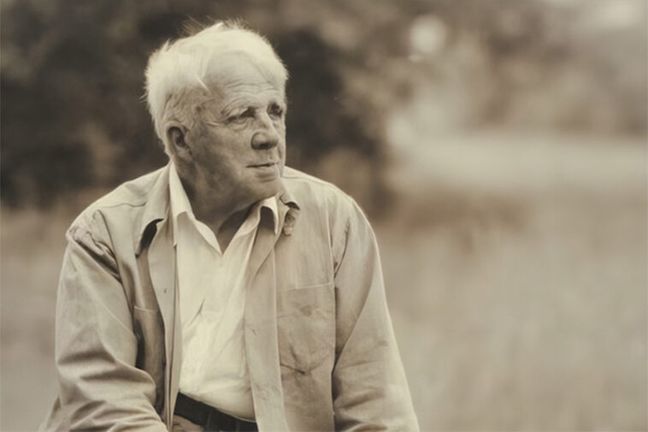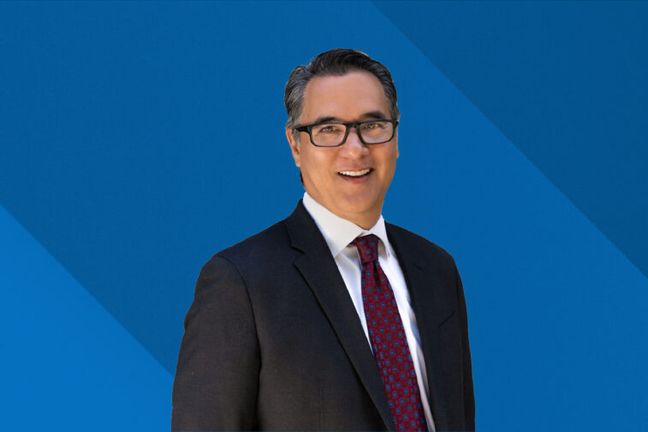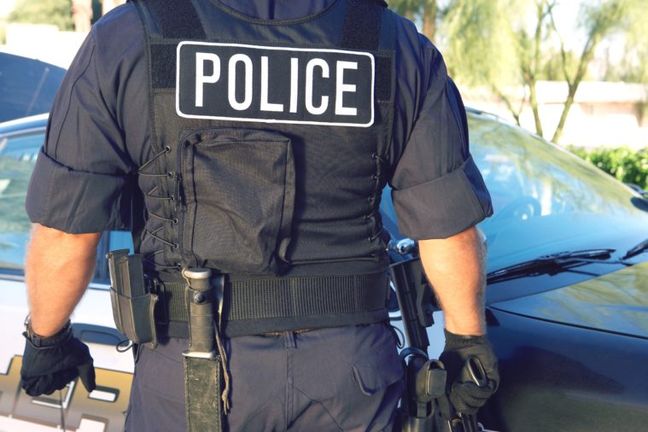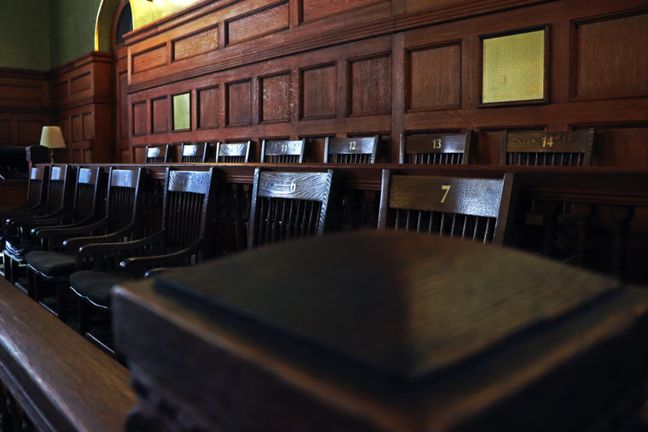Pardee Homes of Nevada v. James Wofram, et al.
The Nevada Supreme Court recently reconfirmed Nevada’s adherence to the American Rule of attorney fees (“American Rule”). The American Rule provides that “attorney fees may not be awarded absent a statute, rule, or contract authorizing such award.” See Thornas v. City of N. Las Vegas, 122 Nev. 82, 90, 127 P.3d 1057, 1063 (2006). For example, written contracts often state a prevailing party is entitled to attorney fees in the event a lawsuit is filed to enforce the terms of the contract. Many statutes require a court to award attorney fees to the prevailing party in a lawsuit, while other statutes state attorney fees may be awarded.
On the other hand, oral contracts generally do not have attorney fee clauses, attorney fees are not awarded in common law causes of action (negligence, assault, etc.), and many statutes do not call for attorney fees to the prevailing party. Consequently, a party who is successful in prosecuting these types of claims will not recoup his attorney fees, regardless of whether he successfully prosecuted the claims or successfully defended himself against the claims. The effect of the American Rule is there are circumstances in which the cost of legal fees is greater than the monetary award granted to the prevailing party.
For this reason, litigants often push judges to recognize exceptions to the American Rule in an effort to recoup their attorney fees. Nevada courts do recognize a few narrow exceptions to the American Rule. However, in Pardee Homes of Nevada v. James Wofram et al., 135 Nev. Adv. Op. 22 (July 3, 2019) (“Pardee Homes”), the Nevada Supreme Court struck down a district court’s attempt to expand the rule and took the opportunity to clarify the recognized exceptions.
Case Background
In Pardee Homes, two real estate brokers, Wolfram and Wilkes sued Pardee Homes alleging three causes of action related to a commission fee agreement (“Commission Agreement”): (1) breach of contract, (2) breach of the implied covenant of good faith and fair dealing, and (3) an accounting. In the district court, Wolfram and Wilkes prevailed on all three claims against Pardee Homes. Since the Commission Agreement had an attorney fees clause in favor of the prevailing party, the district court awarded Wolfram and Wilkes $428,462.75. In addition, the district court granted them $135,500 in attorney fees as special damages.
Pardee Homes subsequently appealed the judgment, arguing Wolfram and Wilkes were not entitled to the $135,500 in attorney fees under the American Rule.[1] Wolfram and Wilkes responded by arguing their case fell under an exception to the American Rule for special damages and the $135,500 award was proper.
The Court’s Ruling
The Nevada Supreme Court ultimately ruled Wolfram and Wilkes were not entitled to the $135,500 as special damages. The Court first laid out the exceptions to the American Rule that Nevada recognizes. First, the Court acknowledged an exception to the American Rule for special damages, reiterating Nevada’s position that special damages must be pleaded under Rule 9(g) of the Nevada Rules of Civil Procedure (NRCP) and “then proven at trial by competent evidence.”
The Court then dispelled the confusion in its previous opinion in Sandy Valley Associates v. Sky Ranch Estates Owners Association, 117 Nev. 948, 960, 35 P.3d 964, 971(2001) (“Sandy Valley”). In Sandy Valley, the Court stated, “attorney fees as special damages are ‘foreseeable damages arising from tortious conduct or a breach of contract,’ and a ‘natural and proximate consequence of . . . injurious conduct.’” Based on this language, plaintiffs consistently argued to district courts that they are entitled to attorney fees as special damages whenever the attorney fees are a foreseeable result of the defendants’ wrongful actions. This is a very low threshold for plaintiffs to meet, so it is no surprise it was asserted regularly after the Court issued its Sandy Valley opinion. This is the flawed reasoning by which the district court granted Wolfram and Wilkes the $135,500 as special damages.
However, the Pardee Homes Court explicitly rejected this view explaining, “we disavow such a reading.” The Court asserted: “Sandy Valley, however, does not support an award of attorney fees as special damages where a plaintiff merely seeks to recover fees incurred for prosecuting a breach-of-contract action against a breaching defendant.” In other words, in a straight forward contract dispute between the two contracting parties, the circumstances do not warrant awarding attorney fees as special damages, no matter how foreseeable the result of the defendant’s wrongful actions (unless there is an attorney fees clause in the contract, of course).
Nevada recognizes an exception to the American Rule under the following circumstances: (1) when a plaintiff is brought in as a third-party to a legal dispute “as a result of a breach of contract or tortious conduct” by another defendant; (2) removing a cloud upon the title to property; (3) recovering real or personal property acquired through the wrongful conduct of the defendant; and (4) declaratory relief or an injunction that was necessary because of the “opposing party’s bad faith conduct.”
Significance of the Pardee Homes Opinion
The Pardee Homes opinion is significant to Nevada litigants because it clarifies the narrow exceptions to the American Rule as it relates to the special damages exceptions. It should greatly reduce the attorney fee awards to plaintiffs. Whereas in the recent past, plaintiffs were able to utilize the easy standard of reasonable foreseeability to obtain attorney fees as special damages, when the American Rule should have otherwise barred such recovery. This may also impact potential plaintiffs decisions about whether to file a lawsuit in those circumstances where the American Rule would bar their recovery of attorney fees, and the plaintiffs’ potential monetary judgment would likely be less than their own attorney fees.
Christopher Lund is an Associate at TYSON & MENDES, LLP, and his practice primarily includes employment law, personal injury, general liability, commercial litigation, and representing homeowner’s associations.
[1] Pardee Homes also asserted it was the prevailing party so Wolfram and Wilkes were not entitled to the $428,462.75. However, the Court quickly disposed of this assertion, finding Woldfram and Wilkes prevailed on all three of their claims (and successfully defended Pardee Home’s counterclaim), so Wolfram and Wilkes were clearly prevailing parties under Nevada’s jurisprudence.


 Author: Christopher Lund
Author: Christopher Lund
 Audish v. Macias Builds Upon the Foundation Started in Howell v. Hamilton Meats & Provision, Inc. By Affirming the Admissibility of Medicare...
Audish v. Macias Builds Upon the Foundation Started in Howell v. Hamilton Meats & Provision, Inc. By Affirming the Admissibility of Medicare...
 My New Year’s Resolutions at Work
My New Year’s Resolutions at Work
 Barking Up the Wrong Policy
Barking Up the Wrong Policy
 California Civil Procedure Code Section 998 – a Means to An End
California Civil Procedure Code Section 998 – a Means to An End
 May or Must: California and the Ninth Circuit Applies Grammar Rules for FMLA
May or Must: California and the Ninth Circuit Applies Grammar Rules for FMLA
 Par For the Course
Par For the Course
 Shining Light on Phantom Medical Bills–Lessons from Washington on Using Federal Hospital Price Transparency Rules to...
Shining Light on Phantom Medical Bills–Lessons from Washington on Using Federal Hospital Price Transparency Rules to...
 When Roads Diverge in the Wood: the Power of Risk in Building a Fulfilling Career and Stopping Nuclear Verdicts®
When Roads Diverge in the Wood: the Power of Risk in Building a Fulfilling Career and Stopping Nuclear Verdicts®
 Ask Atty: Scott Ruksakiati
Ask Atty: Scott Ruksakiati
 Federal Judge Throws Out Portion of Coverage Lawsuit in Nevada
Federal Judge Throws Out Portion of Coverage Lawsuit in Nevada
 Defenses Raised in an Answer Can Be Waived if Not Timely Reaffirmed in Discovery
Defenses Raised in an Answer Can Be Waived if Not Timely Reaffirmed in Discovery
 Nevada Court of Appeals Refuses to Define Breach of the Peace for Self-Help Repossession
Nevada Court of Appeals Refuses to Define Breach of the Peace for Self-Help Repossession
 Defendants Entitled to Attorney Fees as Prevailing Party in Voluntary Dismissal Cases Under Certain Circumstances
Defendants Entitled to Attorney Fees as Prevailing Party in Voluntary Dismissal Cases Under Certain Circumstances
 Nevada Limits Access to Police Body Camera Footage
Nevada Limits Access to Police Body Camera Footage
 Actual Notice and Mailing Checks in Nevada
Actual Notice and Mailing Checks in Nevada
 Jury Demand within Complaint is Insufficient in Nevada
Jury Demand within Complaint is Insufficient in Nevada